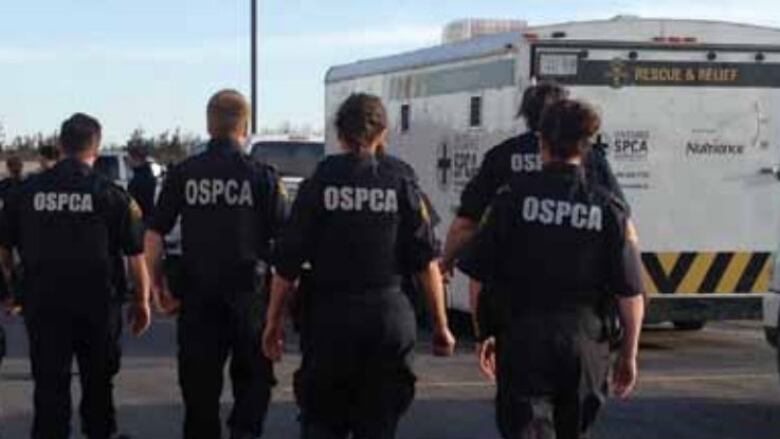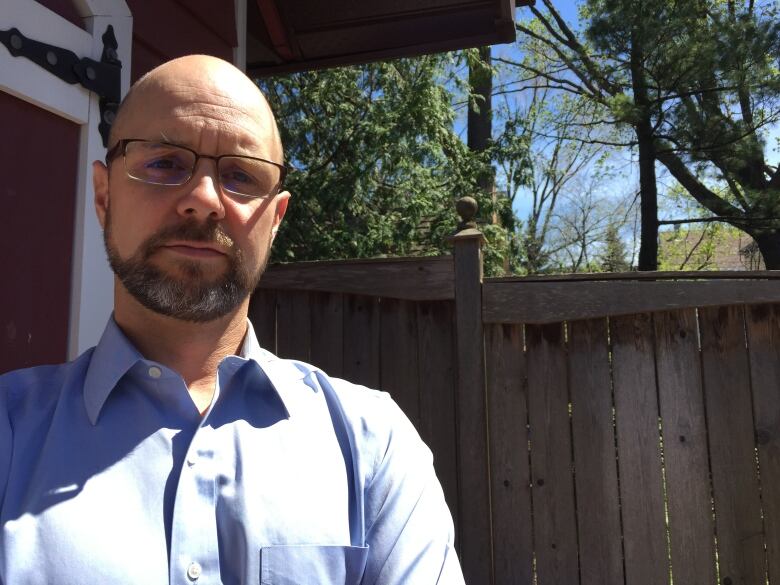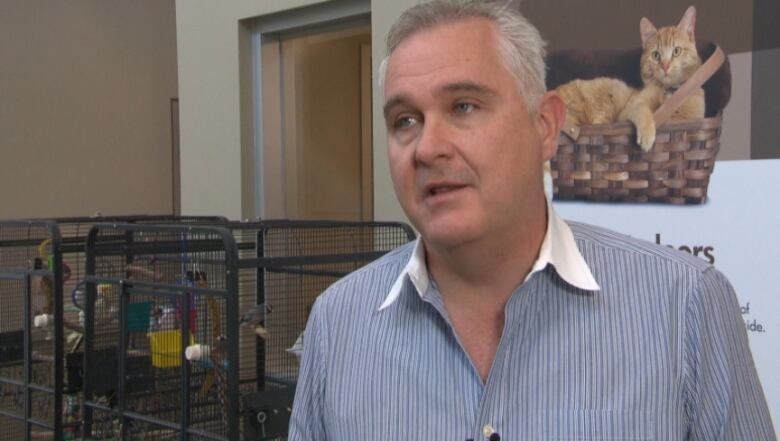OSPCA plan to drop livestock, horse investigations draws mixed reaction
Animal welfare agency's plan to leave livestock investigations to province a surprise to some

The Ontario Society for the Prevention of Cruelty to Animals, citing a lack of adequate funding and financial losses, discussed leaving the enforcement of farm animals to someone else at a meeting last week.
That's made it a thorn in the side of rural landowners, who have challenged its authority in several court cases.
Kurtis Andrews, a farm and animal welfare lawyer representing a client in a constitutional challenge against the provincial OSPCA Act, welcomed the agency's decision and said he would like to see the charity get out of investigating cases of animal cruelty entirely.
"If [the organization's] not actually influenced by the demands of its donors, certainly there is going to be a perception that it could be influenced by donors dollars," Andrews said.

Transparency questioned
However Andrews worries the agency's lack of a defined timeline to get out of livestock and horse investigations could leave people in limbo, unsure about who is responsible for enforcement.
"They've really put everybody in a difficult spot," he said.
"Quite frankly it's unfair to all those concerned, including the animals, because it takes time to make legislative changes."
It wants the OSPCA to also get out of investigations because of what isperceives as a lack of accountability and transparency.
"[Ontarians] should have a government agency that's tasked with investigating these offences and prosecuting and laying charges, rather than trying to rely on a private charity to do this," said executive director Camille Labchuk.
"[The agency] should be fully public. It shouldn't be a private charity and it's time for the government to start to think about what that might look like."
That was news to the provincial government.

Police can respond to calls
But he noted the agriculture ministry "does not have the authority to enforce provisions of the OSPCA Act" and that police agencies would be able to enforce animal welfare laws in the event the OSPCA cannot.
Ottawa police said in a statement officers have the authority to investigate animal cruelty complaints and lay charges, but would not address whether officers have the proper training to investigate those complaints.
But its executive director Bruce Roneydoesn't believe police canfill the gap if the OSPCA vacate the role.
Investigating abuses of livestock is specialized and it's unlikely most police forces across the province have that type of training, Roney said.
"Police certainly have their hands full with human crimes and always in that situation, we're worried that crimes against animals will be given a low priority."












_(720p).jpg)


 OFFICIAL HD MUSIC VIDEO.jpg)
.jpg)



























































































